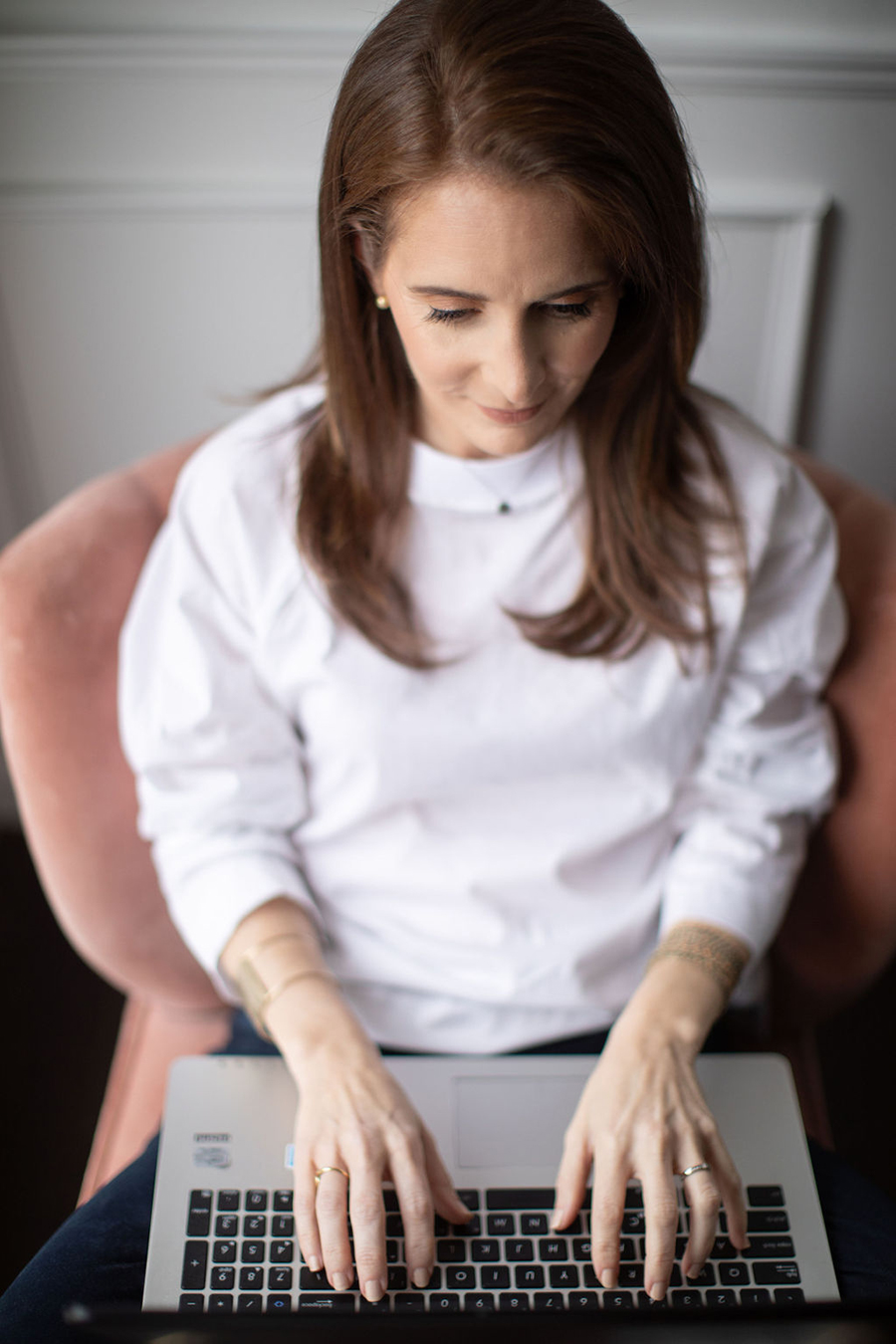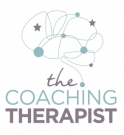
Change… whether it’s breaking old patterns, redesigning relationships, or moving past thoughts and emotions that affect our day-to-day life starts with one key step: self-discovery. You cannot change what you don’t know, and to truly know something, you need to explore it, reflect on it, and gather information about it. That’s why getting to know yourself is so essential for improving your emotional and mental well-being.
Many of us spend our lives reacting to what others say about us or following the roles and labels given to us. But how often do we take the time to really understand ourselves? The visible parts, the hidden parts, the strengths, the challenges, the talents, and the areas where we want to grow. The relationship we have with ourselves is the one we carry 24/7, so learning about who we are, what we need, and what makes us happy is vital.
Lessons from My Self-Discovery Journey
In my own journey, I’ve learned a lot. I’ve noticed that anger is an emotion I feel often, and it’s one I still struggle to manage. I’m learning to recognize it, understand it, and respond in ways that feel constructive rather than reactive. I’ve also learned that I can be social and enjoy being around people, but too much interaction can drain me. Knowing myself better has helped me balance connection and alone time.
I’ve also realized that I can be quick to criticize myself or others, especially when things don’t go as expected. Awareness has allowed me to pause, reflect, and practice more patience and compassion for myself and for those around me.
Dating Yourself: Learning to Enjoy Your Own Company
For many, being alone with your own thoughts can feel uncomfortable. Learning to “date yourself” means exploring what you truly enjoy, what drains you, and how you feel in different situations. Can you sit alone in a restaurant, watch people, and simply be with yourself? How do you spend long drives alone in the car? Getting to know yourself is about discovering your likes, dislikes, triggers, and sources of joy.
It also involves understanding what you are willing to tolerate and what you are not. You don’t have to force yourself to do things that don’t bring you joy, and you can share these discoveries with others. For example, you might tell a friend, “I don’t enjoy that activity, so I’ll pass this time and join you for something else,” and that’s perfectly okay. You don’t have to like everything or be everything for everyone.
Building Awareness and Living Authentically
Self-discovery is also about the small things: your favorite food, the ways you recharge, the moments that make you truly happy. It’s an invitation to notice how your body and mind respond to different experiences and to gather this intel about yourself. With that knowledge, you can make choices, set goals, and interact with others in alignment with who you truly are.
Showing up authentically feels freeing. People know what to expect from you, and you feel confident in what you bring to the world. At the same time, self-discovery reminds us that we are always a work in progress. There’s always room to grow, improve, and redesign who we want to be.
The Power of Questions in Self-Discovery
One of the most powerful tools I’ve learned in this journey is the power of asking good questions. Questions that go beyond yes or no and invite reflection can lead to incredible clarity. Examples I use in my workshops include:
- What is this emotion I am feeling right now, and why is it showing up?
- What would my 80-year-old self say about how I am living my life today?
- What brings me joy, and what drains my energy?
Asking questions like these helps us explore areas of our lives we might not have noticed before and encourages growth in both our personal and professional relationships.
Your Invitation to Self-Discovery
My invitation to you is simple: start noticing yourself. Explore what you enjoy, what you don’t, and how your mind and body respond. Gather information about yourself, use it to guide your actions, set goals, and show up authentically in the world. The more you know yourself, the freer and more intentional your life becomes.
Self-discovery is the first step toward emotional and mental well-being. It’s the foundation for meaningful change, for deeper relationships, and for living a life that feels aligned with who you truly are.



